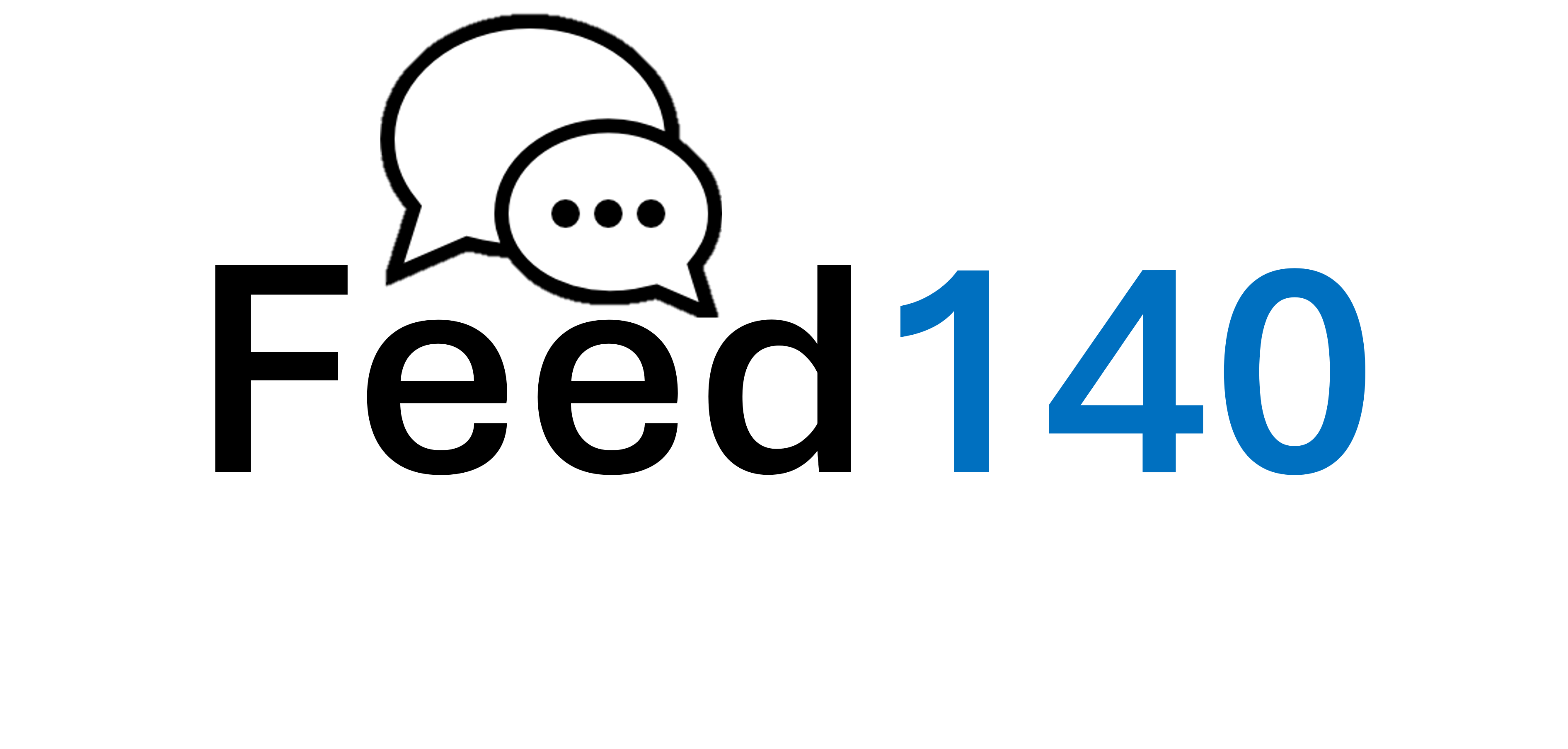 News on Facebook Marketing, according to TechCrunch: Promoted Posts, Facebook’s controversial feature allow users’ posts more visibility in the news feed with a $7 charge per post. This is available to 20 other countries and to users with less than 5,000 total friends and subscribers.
News on Facebook Marketing, according to TechCrunch: Promoted Posts, Facebook’s controversial feature allow users’ posts more visibility in the news feed with a $7 charge per post. This is available to 20 other countries and to users with less than 5,000 total friends and subscribers.
Promoted Posts help Facebook earn money and is suitable for important announcements. However, concern arises that Promoted Posts could change the atmosphere of Facebook where the rich can dominate the news feed.
Facebook first tested the product in May in New Zealand which was then named Highlight. Cost varies across international markets to appropriate local economies
After publishing a post, a Promote button will let you pay to bump up its rank in the news feed. Usually, only 12-16% of your friends can see unpromoted posts.
Promoted Posts could be a cost-effective way of reaching more friends to extend to them important announcements.
Success and impact of Promoted Posts depend on how people utilize it. If one has the money, he could promote every post he publishes. Thus, the news feed’s meritocracy could be distorted, since only posts obtaining lots of likes and comments are shown to more people.
This is a big money maker for Facebook. With more or less $7 all profit, Facebook could nearly double its revenue per user especially if each US user could promote just one post a year.
Facebook must be cautious since Promoted Posts could offend and marginalize financially-strapped users. This may minimize overuse, but it could help people recognize most important content is: putting their money where their mouth is.
Read more at Facebook Now Lets US Users Pay $7 To Promote Posts To The News Feeds Of More Friends
 News on Facebook Marketing, according to Facebook : since Facebook believes that safety is a shared responsibility, it encourages over 900 million users to report any content violating its Community Standards for a quick and effective removal of abusive content from Facebook. After consistently receiving feedbacks on uncertainties as to the actions taken to the abusive content reported, Facebook announces its initial testing of a feature showing what happens after clicking “Report.”
News on Facebook Marketing, according to Facebook : since Facebook believes that safety is a shared responsibility, it encourages over 900 million users to report any content violating its Community Standards for a quick and effective removal of abusive content from Facebook. After consistently receiving feedbacks on uncertainties as to the actions taken to the abusive content reported, Facebook announces its initial testing of a feature showing what happens after clicking “Report.”
The Support Dashboard helps track the progress of the reports made to Facebook where the assessment of reports is done 24 hours a day, seven days a week, in dozens of languages.
An alert or a notification is received when a decision has been made about a report, or you can go directly to the Support Dashboard in your account settings.
The Support Dashboard also explains the reason why action was or was not taken. If disagreeable or disturbing posts are not removed, one has the option to message, unfriend or block the person who posted the content. Under “Learn More,” next to the reports, directs to the section of our Community Standards that applies to their specific report.
Originally, the Support Dashboard includes reports of photos and timelines. Expect more types of content in the future.
In March 2011, social reporting was launched to allow reports to Facebook and be able to settle the conflict.
Added transparency of the Support Dashboard aims to give more insight into their reports and encourage users to report actionable content to Facebook
Read more at More Transparency in Reporting
 News on Bing Marketing, according to Klout: Microsoft and Klout both believe that the growth of the social web and the importance of online identity are essential in the transformation of internet to help understand pages and people as well.
News on Bing Marketing, according to Klout: Microsoft and Klout both believe that the growth of the social web and the importance of online identity are essential in the transformation of internet to help understand pages and people as well.
Signing a multi-year agreement, making Bing as one of Klout’s most significant partners is Microsoft’s strategic investment in Klout.
The Klout Score and topics are signals that help understand the importance of trust recommendations from these experts. By clicking through to those users’ Klout profiles, their best moments are shown and additional context and insights are gained.
With this partnership, Bing’s task is to provide additional data to Klout. Search data is one of the missing signals to completely identify a person’s influence. While search results for a person signal accomplishments achieved beyond social networks and serve to influence others, Wikipedia articles can reflect a person’s real world influence. The two data points from Bing that are primarily highlighted as part of Klout moments are, experts appearing in Bing’s “People Who Know” section and those with Wikipedia account associated with their Klout profile.
In a few months, data in the Klout Score will be integrated and continue adding signals generated from Bing searches. Users with Bing data associated to their Klout account will continue rise as Klout increases influencers in Bing search.
Search through people is Bing and Klout’s small step towards a very huge idea. Our constant improvement focuses on the discovery and recognition of influencers on both Bing and Klout.
Read more at Bing Has Klout
Other Social Marketing Articles of Interest
Survey says…Nielsen brand impact on Twitter
Guest blogging: The good and the bad for SEO
